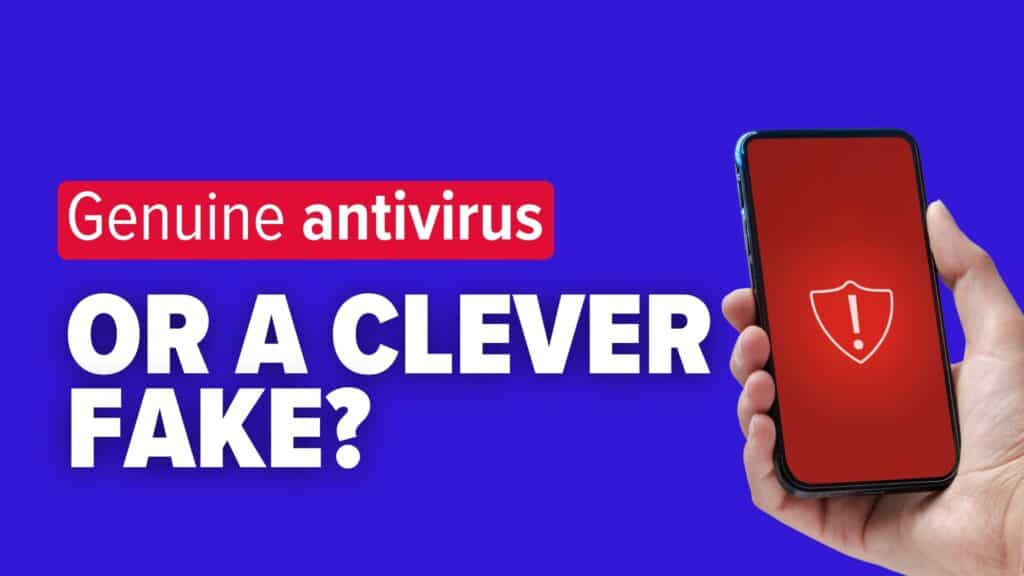
You’re trying to keep the bad guys out. You Google an antivirus, find a slick-looking site, and hit the big shiny Download button. What could go wrong?
Plenty.
Today’s cybercriminals are excellent impersonators. They spin up near-perfect copies of trusted security brands—logos, layouts, even the same button in the same spot. One recent spoof did exactly that. The site looked legit… until the download fired off a file named StoreInstaller.exe. Instead of protection, it quietly installed VenomRAT—a “Remote Access Trojan” (R A T) that hands an attacker the keys to your device.
What can a RAT do? Think covert screen peeks, keylogging, password theft, webcam access, and planting more malware. In this campaign, the crooks were laser-focused on stealing logins and cryptocurrency wallet details—easy to resell or use for direct theft.
And it’s not just fake security software. Look-alike sites also mimic banks and IT providers. Some are even hosted on well-known cloud platforms, which makes a quick glance feel “safe enough.” (It isn’t.)
Why Chicago-area orgs should care
If you’re running a small or midsized business in healthcare, education, insurance, government, or the nonprofit world, a single bad download can snowball into:
- Data exposure (think HIPAA/FERPA/CJIS/PCI/DPIA headaches).
- Account takeovers and financial loss.
- Downtime and cleanup costs, plus reputational damage with patients, students, policyholders, constituents, or donors.
The 60-second “Is this real?” check
- Type, don’t click. Enter the vendor’s address manually or use a saved bookmark.
- Inspect the URL. Watch for misspellings, extra words, or odd domains.
- Skip email buttons. Treat download links in emails or chats as suspect unless verified out-of-band.
- Verify the publisher. On Windows, check the digital signature before running installers.
- Keep controls layered. Use application allow-listing and endpoint protection that blocks unknown executables.
- Ask a pro. If you’re unsure, pause and phone a friend (ideally, your managed IT team).
Quick myth bust
“It’s on a big-name hosting platform, so it must be safe.”
Nope. Hosting ≠ endorsement. Attackers love credible infrastructure because it blends in.
Human > Hacker (with a little help)
Cybercriminals don’t just exploit vulnerabilities; they exploit busy people trying to do the right thing. A moment of skepticism beats hours of incident response.
If something feels off—or you just want a second set of eyes—we’ve got you.
We help Chicago-area SMBs in healthcare, education, insurance, government, and nonprofit stay safe from look-alike sites and rogue installers:
- Vendor and download verification
- Endpoint protection with application control
- Staff awareness micro-trainings (“spot the fake” drills)
- Incident response playbooks tailored to your compliance needs
Not sure about a download? Send it to us first. A minute now can prevent a very expensive week later.
